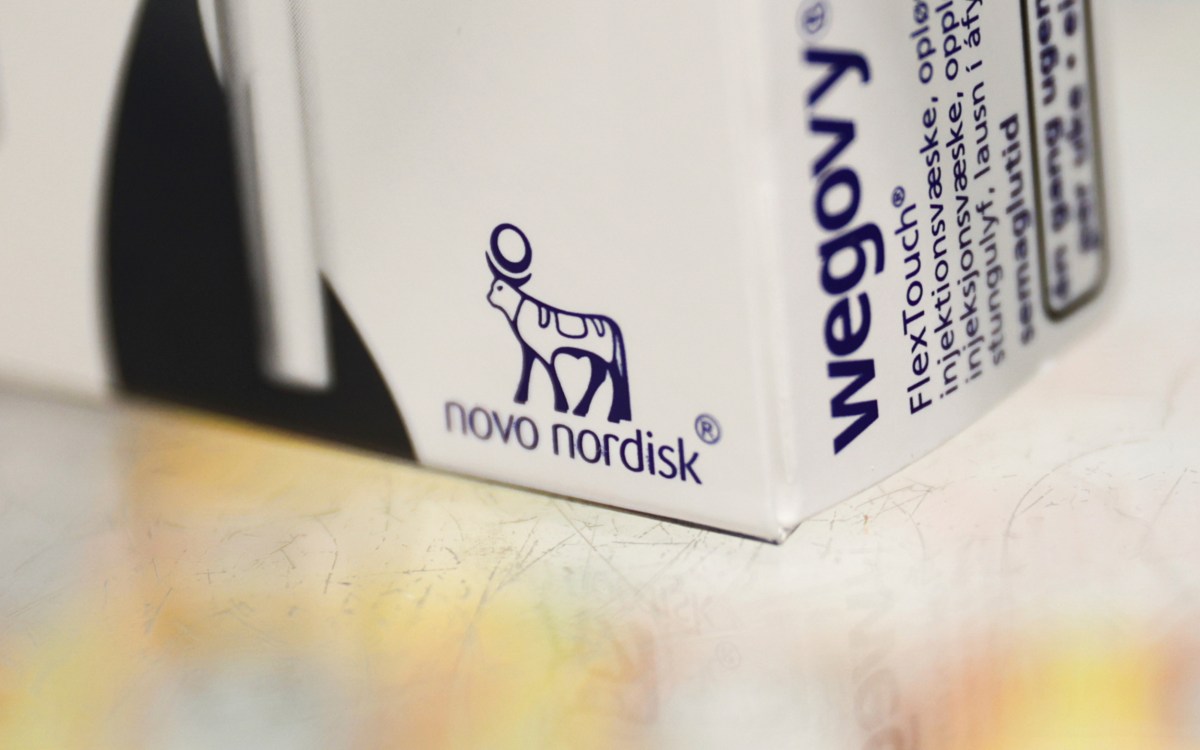Targeting fat-tissue hormone may lead to type 2 diabetes treatment
A new study by researchers from Harvard T.H. Chan School of Public Health and colleagues describes the pre-clinical development of a therapeutic that could potentially be used to treat type 2 diabetes, fatty liver disease, and other metabolic diseases. The researchers developed an antibody that improves glucose regulation and reduces fatty liver in obese mice by targeting a hormone in adipose (fat) tissue called aP2 (also known as FABP4).
The study was published online December 23, 2015 in Science Translational Medicine.
“The importance of this study is two-fold: first, demonstrating the importance of aP2 as a critical hormone in abnormal glucose metabolism, and secondly, showing that aP2 can be effectively targeted to treat diabetes and potentially other immunometabolic diseases,” said Gökhan S. Hotamisligil, J.S. Simmons Professor of Genetics and Metabolism and chair of the Department of Genetics and Complex Diseases and the Sabri Ülker Center at Harvard Chan School.
The work is the product of a collaboration on immunometabolism between the biopharmaceutical company UCB and a team of researchers led by Hotamisligil and lead author M. Furkan Burak, a former Hotamisligil lab member and currently a resident in internal medicine at Mount Auburn Hospital, Cambridge, Mass. This partnership successfully twins UCB’s world-class expertise in monoclonal antibody discovery with Hotamisligil’s insight and experience in aP2 biology.




